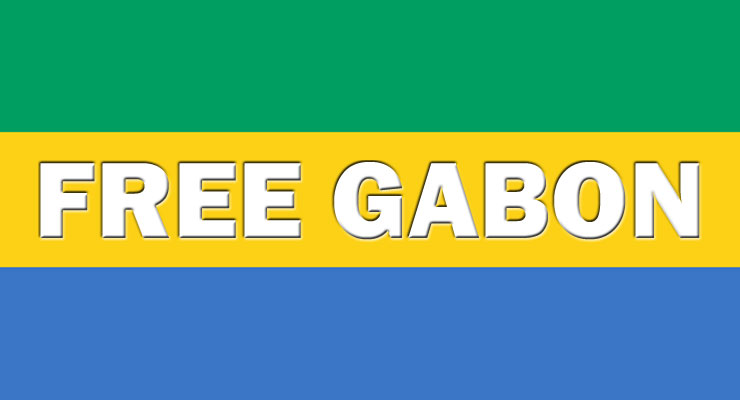
From CIVICUS
- Global rights groups concerned by Gabon government’s targeting of human rights defenders and opposition members for military coup attempt
- Authorities shut down Internet and suspend broadcasting services following failed coup
- Gabon under tense security in wake of coup attempt
- The family of President Ali Bongo has held onto power in Gabon for over half a century
Global civil society groups are concerned at indications by the government of Gabon that it intends to investigate local civil society organisations and members of the political opposition for their involvement in the recent military coup attempt.
A small group of Gabon army soldiers seized control of the country’s national broadcasting station in the capital, Libreville, on January 7 and announced a political takeover and the setting up of a National Restoration Council to oust President Ali Bongo. The coup was thwarted after security forces stormed the building, killing two of the soldiers involved in the operation. Eight plotters have been arrested. A day after the failed coup, the government shut down the internet nationwide and suspended broadcasting services.
There are concerns that the Gabonese authorities might use the failed coup as a pretext to clampdown on fundamental rights to freedom of assembly, expression and association and tighten its grip on the media.
Amid heightened political tensions, global civil society alliance, CIVICUS, has expressed serious concern at comments by government spokesperson Guy-Bertrand Mapangou that certain opposition parties and civil society would be investigated for supporting the coup.
“We urge Gabon not to target individual human rights defenders or civil society but to instead increase the space for fundamental rights to be enjoyed by all Gabonese,” said Teldah Mawarire of CIVICUS.
“What Gabon needs is democratic reform and the respect of the rule of law – virtues which have been absent from the country for half a century,” Mawarire said.
The Internet shutdown has also sparked concern, as a violation of the freedom of citizens to express themselves freely and to impart and receive information without hinderance. CIVICUS has urged the Gabonese government to ensure that fundamental freedoms are respected, in the wake of the coup attempt.
President of Gabon, Ali Bongo has been away receiving medical attention in Morocco since last October. He succeeded his father Omar Bongo in 2009 in a contested election in which the opposition alleged electoral fraud. The Bongo family has ruled Gabon for 51 years. There has been an increase in restrictions on fundamental freedoms since a contested 2016 elections characterized by a media blackout, the killing of protesters, widespread arrests and intimidation and harassment of journalists.
Last November, the authorities suspended the newspaper L’Aube for three months for publishing an article about the president’s health. The publication’s editor was banned from practicing journalism for six months. The same month, in a move widely criticized by civil society as being unconstitutional, the Constitutional Court amended the constitution to accommodate the absence of President Ali Bongo. Gabonese Civil society groups argued that the mandate of the Constitutional Court was limited to interpreting the constitution and not to change it.
The CIVICUS Monitor, an online platform that tracks threats to civil society in all countries, has rated civic space – the space for civil society – in Gabon as “Repressed”. This means that civil society organisations there operates under serious restrictions, which impede their ability to speak out on or protest any issue of concern to them.
Following the attempted coup, the African Union (AU) commendably and swiftly condemned the action and urged a return to the rule of law. However, the AU has been encouraged to apply the same urgency to address the longstanding repression of fundamental rights by the Gabonese state.
Leave a Reply